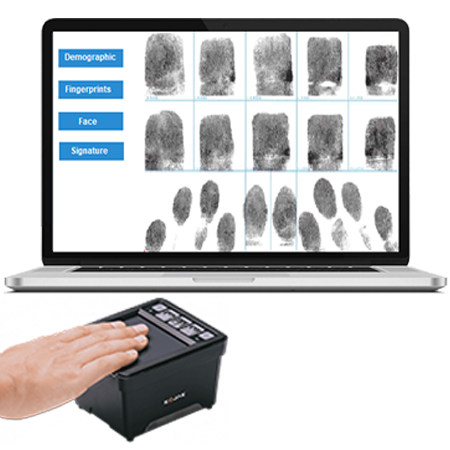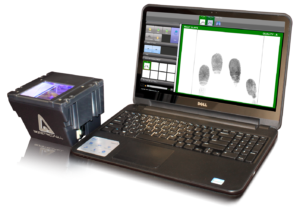Notaries play an important role in verifying the identity of signers and helping prevent fraud in both personal and business transactions. If you’ve ever needed a document notarized, you might have wondered: What documents can a notary public notarize? The answer covers a wide range of legal, financial, and administrative paperwork—but notaries also face limitations on what they can and cannot do.
In this blog, we’ll explain which types of documents notaries can legally notarize, how notarization works, and some important exceptions to be aware of.
The Purpose of a Notary Public
A notary public acts as an impartial witness to the signing of important documents. Their main responsibilities include:
- Verifying the signer’s identity
- Ensuring the signer is willing and aware
- Administering oaths or affirmations when required
- Completing a notarial certificate and applying their stamp or seal
They do not verify the truthfulness of a document’s contents—only that the signature was made knowingly, willingly, and under the correct identity.
Common Documents That Can Be Notarized
Here are the most frequently notarized documents that fall within the duties of a California notary public:
1. Real Estate Documents
- Grant deeds
- Quitclaim deeds
- Deeds of trust
- Mortgage documents
- Property transfer affidavits
Note: California notaries cannot certify copies of vital records like birth certificates—but they can notarize an affidavit regarding those records.
2. Legal Forms
- Power of attorney (POA)
- Advanced healthcare directives
- Affidavits and declarations
- Trust documents
- Consent forms for minors traveling abroad
3. Financial and Business Documents
- Loan and lending agreements
- Promissory notes
- Contracts and leases
- Bill of sale or transfer of title
- Business formation documents (e.g., operating agreements)
4. School and Employment Documents
- Letters of permission
- Background check authorizations
- Certification of identification for remote learning
5. Personal Documents
- Name change forms
- Vehicle release of liability
- Passport parental consent forms
- Custody or guardianship paperwork
These documents often require acknowledgments (confirming identity and willingness to sign) or jurats (signing under oath), both of which a notary is authorized to perform.
What Documents Cannot Be Notarized?
California notaries are not authorized to notarize:
- Vital records like birth, death, or marriage certificates (only the issuing agency can provide certified copies)
- Photographs
- Blank or incomplete documents
- Documents written in a language the notary does not understand
- Documents where the notary has a financial interest
Additionally, notaries cannot provide legal advice unless they are also licensed attorneys. Doing so is considered unauthorized practice of law and can lead to penalties or revocation of their commission.
Special Notes on Certified Copies
California notaries can certify copies of powers of attorney, but they cannot certify copies of other documents, such as diplomas, passports, or naturalization certificates. However, they can notarize an affidavit from the document holder stating it is a true and correct copy.
What If You’re Unsure?
If you’re unsure whether a document can be notarized, here are some tips:
- Ask the requesting agency (e.g., a lender, court, or employer)
- Contact a qualified notary who can advise you on the type of notarial act needed
- Do not alter the document after notarization, as this could void its legal effect
For example, a trusted notary in Newport Beach can help review your documents, confirm what can be notarized, and ensure all legal protocols are followed.
What Makes a Document Eligible for Notarization?
In California, a document must meet the following criteria to be eligible:
- It must be complete—no blanks or missing information.
- It must contain language requiring notarization (e.g., acknowledgment or jurat wording).
- The signer must present valid photo identification.
- The notary must be physically present with the signer at the time of signing.
If any of these conditions aren’t met, the notary may be required to decline the notarization.
Final Thoughts
California notaries can legally notarize a wide range of real estate, legal, financial, and personal documents. However, they must follow strict guidelines to ensure the validity of their services and protect both the signer and the public.



